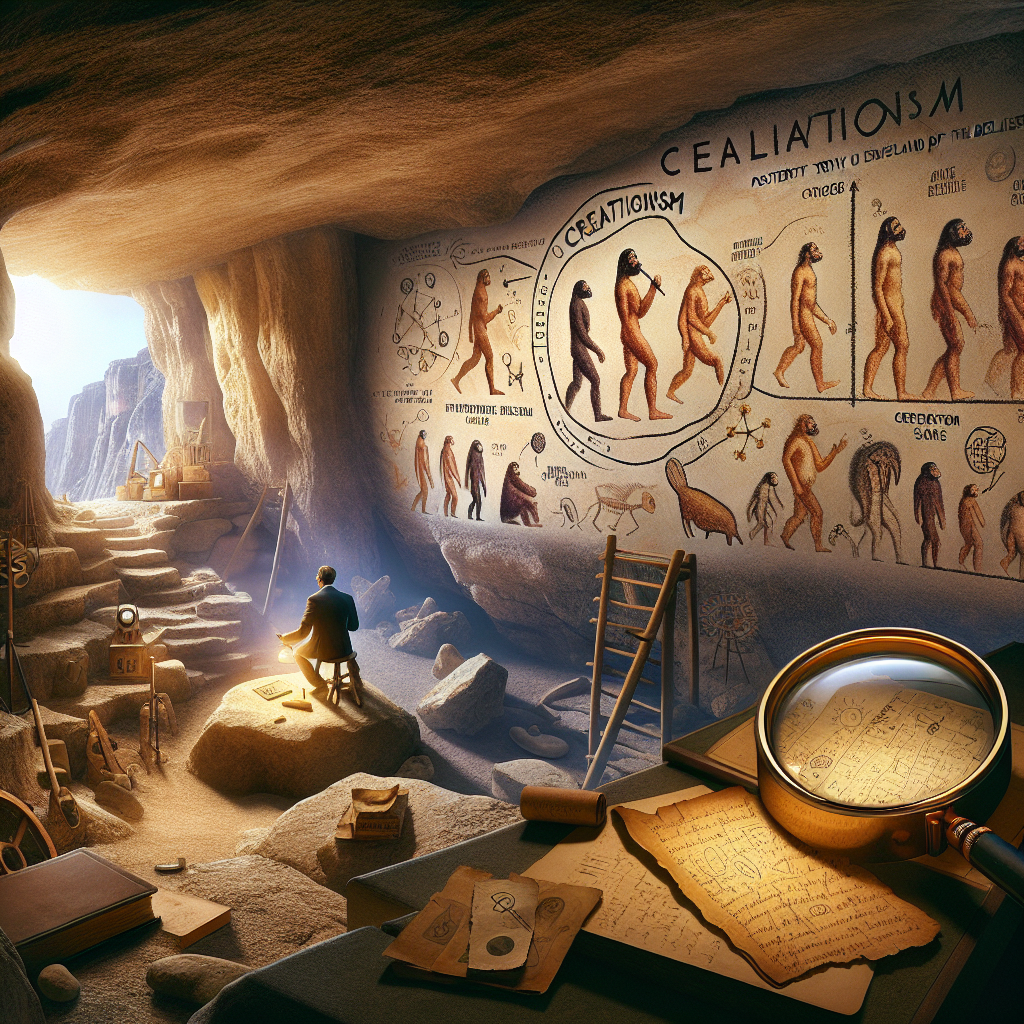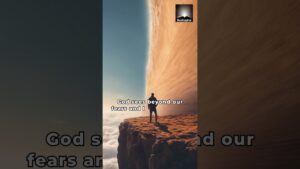Devotional: Exploring Creationism – Understanding Its Origins, Beliefs, and Impact on Science and Society
Opening Prayer:
Heavenly Father, we thank You for the revelation of Your creation and the truth embedded within it. As we explore the concept of creationism, may our hearts and minds be open to Your wisdom. Help us to appreciate the beauty of Your handiwork and inspire us to be advocates of Your truth. Amen.
Scripture Reading:
Genesis 1:1-2 (NIV)
“In the beginning, God created the heavens and the earth. Now the earth was formless and empty, darkness was over the surface of the deep, and the Spirit of God was hovering over the waters.”
Understanding Creationism:
Creationism, as a belief system, asserts that the universe and life originate from specific acts of divine creation, rather than natural processes such as evolution. This perspective is rooted deeply in Judeo-Christian theology, particularly as outlined in the early chapters of Genesis. Adherents to creationism argue for a literal interpretation of the biblical account, emphasizing God’s role as the ultimate creator and sustainer of all things.
Origins of Creationism:
Creationism, in its various forms, has existed since ancient times, but it gained particular prominence in the 20th century as a response to the growing acceptance of Darwinian evolution. Proponents sought to defend their beliefs by advocating for the inclusion of creationist views in scientific discourse and education.
Beliefs and Theological Foundations:
At the heart of creationism lies a deep respect for the Bible as the inerrant word of God. This belief system is characterized by several core tenets:
- Divine Creation: All that exists is a result of an intelligent design by an omnipotent Creator.
- Biblical Authority: The Bible is the ultimate guide in understanding our origins and the history of the universe.
- Human Dignity: Humanity is created in the image of God, which gives inherent value and purpose to each person.
- Purpose in Creation: Each aspect of the created world has intentionality and reflects God’s glory and character.
The Impact of Creationism on Science and Society:
Creationism has significantly influenced discussions around science, education, and culture. It challenges the narrative of materialistic evolution by providing a framework that aligns scientific inquiry with spiritual understanding.
- Educational Influence: The battle for creationist perspectives in schools has sparked important debates about academic freedom, the nature of scientific evidence, and the role of religion in public life.
- Cultural Dialogue: Creationism continues to shape perspectives on environmental stewardship, ethics, and human purpose, fostering a deeper conversation about our responsibility toward creation.
Recognizing God’s Fingerprints:
As we delve into creationism, we discover the fingerprints of God all around us—from the intricate design of DNA to the breathtaking complexity of ecosystems. Nature itself serves as a testament to God’s creativity and sovereignty.
- Nature as a Reflection: Each flower, each star, and every heartbeat reflects God’s handiwork. Reflect on Psalm 19:1, “The heavens declare the glory of God; the skies proclaim the work of His hands.”
- Scientific Inquiry: Embrace the quest for knowledge as a way to uncover the truth of God’s creation, and see how science and faith can coexist and complement one another.
Call to Action:
As you explore the topic of creationism further, here are actionable steps to take:
- Educate Yourself and Others: Read books and articles that challenge your understanding of creationism. Share your insights in discussions with friends, family, and your community.
- Engage in Conversations: Approach discussions about creation and evolution with grace and respect. Share your perspective while being open to listening to others.
- Advocate for Integration: Support educational initiatives that allow for the discussion of creationism alongside evolution in a respectful and informative manner.
- Celebrate Creation: Spend time in nature—whether through hiking, gardening, or simply observing the world around you—and marvel at God’s creation. Use this time to pray and reflect on the Creator’s intentional design.
Closing Thought:
As we journey through the topic of creationism, let us remember that exploring our origins is not just an academic exercise but also a profound exploration of God’s character and intent. Recognize the beauty and complexity of creation as an invitation to a deeper relationship with the Creator.
Closing Prayer:
Lord, thank You for the gift of creation and the teachings that guide our understanding. May we cherish the world You have made and strive to share Your truth with others. Empower us to seek knowledge and engage in conversations that reflect Your love and wisdom. Amen.
Explore and dig up answers yourself with our BGodInspired Bible Tools! Be careful – each interaction is like a new treasure hunt… you can get lost for hours 🙂


